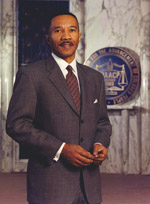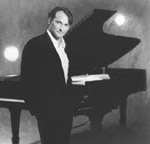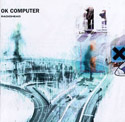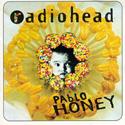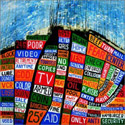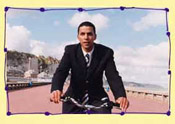Ask anyone to describe modern intramural broomball and you will probably hear some combination of the words “overpaid,” “selfish,” and “immature.” The intellectual variant of ice hockey, broomball has lost its former status as the bourgeois winter sport of choice, thanks to large contracts and enormous product endorsement deals.
Broomball owes its origin to a midcentury obsession with ice sports. After hockey and skating took center stage with the Winter Olympiad, intellectuals—mainly youth at America’s top undergraduate institutions—desired an ice sport of their own, but one unencumbered by the technical and physical demands of skating. These students found their place in broomball. Unable to secure funding for equipment from athletic departments—at the time promoting only “real” sports—these students employed brooms to propel a small ball toward an opposing goal. As the sport ascended from leisure activity to organized athletic event, technologically enhanced broomball sticks came to replace the actual brooms (although historical broomball societies continue to host occasional “olde tyme” matches with brooms).
Amateur play is only the tip of the iceberg: the 15-year-old National American Continental Broomball League (NACBL) now has 20 teams in 16 metro areas (New York has four teams). Since its inception the league has seen the average player salary rise from $32,000 to $10.5 million per year, aided by a veritable explosion in attendance and viewership. Experts attribute the slow death of the National Hockey League (NHL) to broomball’s growth.
Despite the market gains, the NACBL has been rocked in recent years by steroid scandals and increasing violence on and off the ice. Fans feel disillusioned with a sport that once encapsulated sportsmanship and friendly competition. This year some 12 Chicago students are offering their own counter-narrative to this dark tale. Calling themselves the Frozen Tsunamis, this ragtag group of undergrads—one of 24 University IM broomball teams—is attempting to take back the sport’s ethical and intellectual genesis.
“Most teams are sponsored and supplied by ‘houses,’ giant multiquad entities that require their players to eat, sleep, and study together,” says Tsunami captain Sam Gill. “Most of these kids don’t even know anyone outside of their houses, which are spookily named after the corporate barons who funded the dormitories in which these broomball automatons live.”
Gill’s goal is to unite students outside the house system. Most call him idealistic, but he believes that his team’s independence might be its biggest advantage. “How did broomball start? A bunch of philosophy students with big glasses and academic scholarships decided they had the same right to ice sports as any huge, juiced-up athlete.”
Their task may seem impossible, but that’s why they call themselves the Frozen Tsunamis. They believe they can stop a tidal wave and, journalistic integrity be damned, this reporter thinks they can do it.
The Tsunamis now stand 1–1, ending Woodward House’s four-year undefeated streak Tuesday night. Their next game, against Wallace House on February 1, will determine if they make the playoffs.
By Sam Gill, ’05
Photos: Frozen Tsunami captain Sam Gill gives a half-time pep talk (top right); Tsunami Rebecca Searl, '05, adjusts her helmet (bottom left); Woodward team members watch the game (bottom right).




